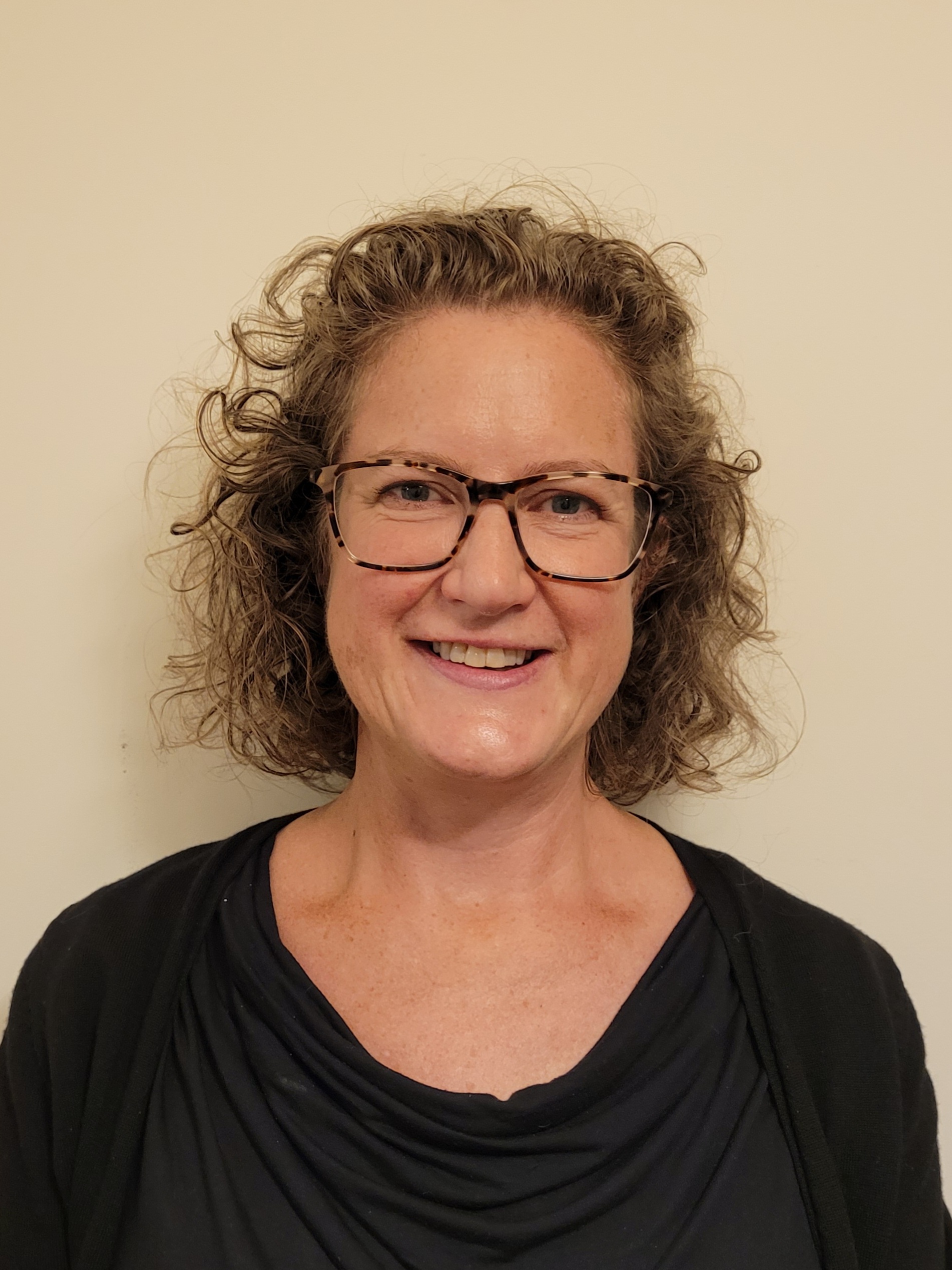Profile
I joined the Centre for Cancer Prevention, Screening and Early Diagnosis in September 2023 after working for four years in the School of Cancer and Pharmaceutical Sciences at King’s College London, where I have kept a role as Visiting Professor. Prior to that, I spent 20 years in the departments of Epidemiology & Public Health and Behavioural Science & Health at UCL. With a background in health psychology (MSc and PhD from UCL), I lead a team of behavioural science researchers working in the field of cancer screening and early diagnosis.
My team’s research aims to understand acceptability and uptake of cancer screening, including novel innovations like risk-stratification, self-sampling and the use of AI, and new technologies including the capsule sponge test for oesophageal cancer. We also have a strong focus on assessing the psychological impact of participation in screening and receiving different screening results. We use quantitative and qualitative methods.
I am Deputy Director of the Cancer Prevention Trials Unit (Director: Prof Peter Sasieni), leading behavioural science activities associated with the trial portfolio.
I work closely with the NHS cancer screening programmes and am a member of the UK National Screening Committee’s Research and Methodology Group.
Research
Research Interests:
- Cervical screening, including understanding barriers to participation, the acceptability of HPV self-sampling, attitudes towards a choice of self- vs. clinician HPV sampling and the role of HPV self-sampling in addressing social inequalities in screening uptake.
- Breast screening, including barriers to participation, attitudes to risk-stratification within the breast screening programme, and attitudes towards the use of artificial intelligence (AI) in the reading of mammograms
- Attitudes and psychological impact in relation to multi-cancer early detection (MCED) blood test screening
- General attitudes towards risk-based innovations in cancer screening and early diagnosis
- Barriers and facilitators of uptake of capsule sponge test (‘cytosponge’) screening for oesophageal cancer and Barrett’s oesophagus, and psychological impact of different capsule sponge test results.
- Application of behavioural science to clinical trial methodology (including recruitment and retention strategies)
Publications
Please follow through for a complete list of Jo's publications.
Outstanding publications:
Marlow et al. Multi-cancer early detection tests for cancer screening: a behavioural science perspective. Lancet Oncology. 2022 Jul;23(7):837-839. https://www.sciencedirect.com/science/article/pii/S1470204522001619?via%3Dihub
Marlow et al. Testing the content for a targeted age-relevant intervention to promote cervical screening uptake in women aged 50-64 years. British Journal of Health Psychology. 2022 May;27(2):623-644. https://bpspsychub.onlinelibrary.wiley.com/doi/10.1111/bjhp.12552
Drysdale et al. Self-sampling for cervical screening offered at the point of invitation: A cross-sectional study of preferences in England. Journal of Medical Screening. 2022 Sep;29(3):194-202. https://www.ncbi.nlm.nih.gov/pmc/articles/PMC9381689/
Kelley-Jones et al. UK Women's Views of the Concepts of Personalised Breast Cancer Risk Assessment and Risk-Stratified Breast Screening: A Qualitative Interview Study. Cancers (Basel). 2021 Nov 19;13(22):5813. https://www.ncbi.nlm.nih.gov/pmc/articles/PMC8616436/
McBride et al. Anxiety and distress following receipt of results from routine HPV primary testing in cervical screening: The psychological impact of primary screening (PIPS) study. International Journal of Cancer. 2020 Apr 15;146(8):2113-2121. https://onlinelibrary.wiley.com/doi/10.1002/ijc.32540
Supervision
Charlotte Kelley Jones (King’s College London; 2020-2023); Breast Cancer Now; Maximising the acceptability of risk-stratification in the NHS Breast Screening Programme
Hannah Drysdale (King’s College London; 2020-2025); Cancer Research UK; Using non-speculum approaches to reduce inequalities in cervical cancer screening
Ninian Schmeising-Barnes (Queen Mary University of London; 2024-2028); Cancer Research UK; Barriers and facilitators to uptake of the capsule sponge test in people at elevated risk of oesophageal cancer.
Margaret Duku (University College London; 2020-2025); Self-funded; Differential barriers to screening for cervical, breast and bowel cancer screening among women aged 50-70 years across different demographics in London.
Hannah Truscott (University of Leeds; 2024-2027); Yorkshire Cancer Research/University of Leeds; Cervical screening in women affected by overweight and obesity.
